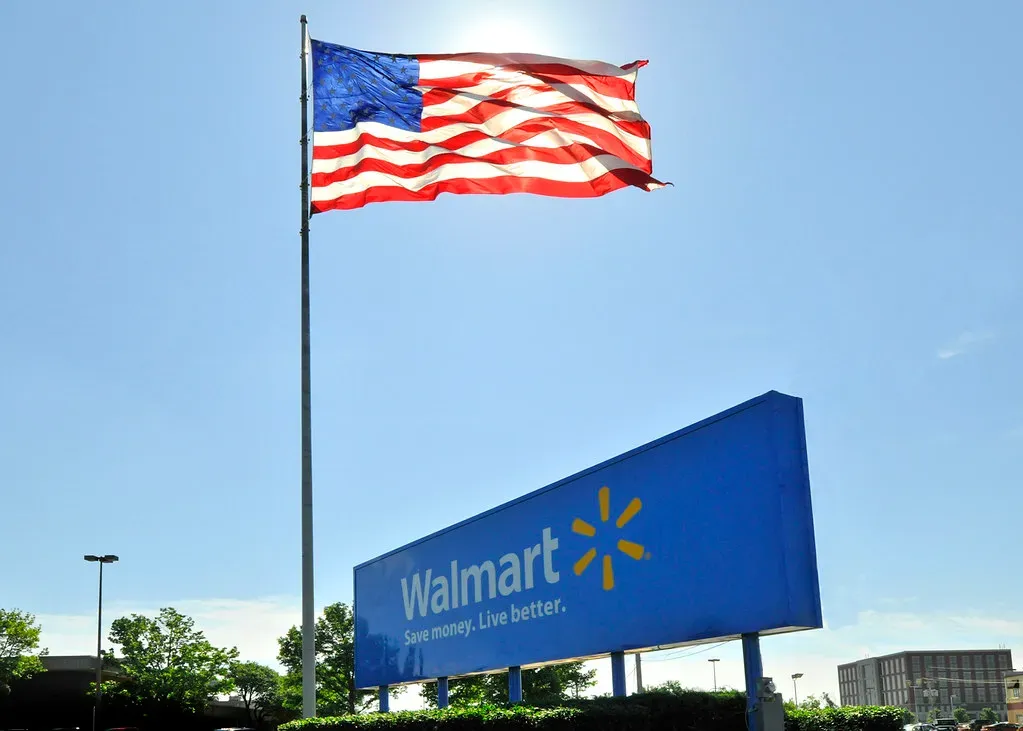BARRINGTON, Ill. — Online grocery sales grew in June, driven by coronavirus fears and the increased availability of pickup and delivery services from retailers.
U.S. online grocery sales totaled $7.2 billion in June, an increase of 9% over May, according to a Brick Meets Click/Mercatus Grocery Survey. The poll, conducted on June 24 and 25, found that 45.6 million U.S. households used delivery and pickup services last month to satisfy a larger portion of their grocery needs. People also used the services more often, with order frequency increasing from 1.7 to 1.9 orders per month for active households.
The COVID-19 pandemic was a big driver of online grocery sales, with 44% of all households reporting high levels of concern about the virus. That’s an increase of two percentage points from the previous month. The increase was almost entirely driven by a 9% increase among shoppers in the over-60 age segment since May.
Another factor driving the use of online grocery pickup and home delivery is the increased availability of such services. More independent grocers have gotten into the game, and larger chains have enhanced their delivery and pickup options, boosting staffing or leveraging technology to improve their capacity.
“Many grocery retailers have demonstrated amazing agility since the health crisis started, building surge capacity to better meet the astronomical growth in demand for shopping online,” Brick Meets Click partner and research lead David Bishop said. “This increase in online grocery capacity has flipped the equation. Today as shoppers have more choice, the increased capacity is now actually enabling the continued growth of online grocery.”
The survey found the likelihood that a shopper will use a specific online grocery service again within the next 30 days is 57%, up only one percentage point from May to June. That is well below the pre-COVID repeat rate of 74% found in August 2019.
“As grocers adopt or adapt e-commerce offerings to meet shopper demand, it’s imperative that they consider the entire customer journey in order to capture repeat shoppers,” Mercatus president and CEO Sylvain Perrier said. “When evaluating potential eCommerce platform providers, grocers must assess the complete ecosystem of partners and their capabilities, from digital advertising to picking and fulfillment, and the impact of those relationships. Grocers should look to partners who help them retain shoppers and increase revenue with each of these capabilities, rather than diluting their brand and bottom line at every customer touchpoint.”
The June survey also found that interest in receiving an online grocery order (via pickup or home delivery) rebounded slightly, with 32% of all households (active online grocery shoppers or not) being extremely or very likely to use a service within the next 90 days, up two percentage points from May.
This interest was strongest among households who used these types of services in June with 57% indicating that they are extremely or very likely to do so as compared to 17% of the non-active households.
“Even though some retailers have seen sales decline within their respective business, the new reality of increased capacity across the market – and related greater choice (or options) for shoppers – means that all grocery retailers will need to accelerate their efforts to make shopping online even more seamless to thrive going forward,” Bishop said.






